Contributed by SAFRA
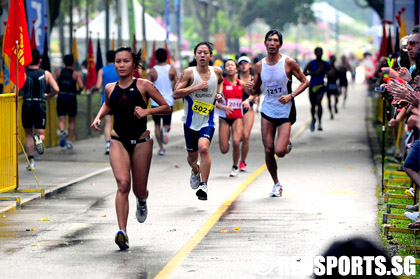
Biathletes heading towards the finishing line in an earlier edition of the Singapore Biathlon. (Photo © Lai Jun Wei/Red Sports)
The 2012 Singapore Biathlon is just less than 24 hours away. By now, you would have already tapered down your training and making your final preparations for the race. Here are some tips on what you should do the day before, during and after your race on March 3rd.
THE NIGHT BEFORE RACE DAY
Dinner should comprise of high carbohydrate food — pasta, bread or rice. You should minimise your intake of meat, oils and heavy sauces for dinner. Do avoid alcohol and caffeine as they can dehydrate you and make it difficult for you to go to sleep.
Before heading to bed, do get your race gear ready. Prepare and lay out your race attire. Make sure you are using a good fitting set of goggles for the swim leg to prevent abrasions to your head. If you are using heart rate monitors and accelerometers, ensure batteries are fresh. If you are carrying your own drinks or carbohydrate gels, get them ready and place them next to your race attire.
Have an early night, not too early that you have problems falling asleep. If you cannot sleep, just lie quietly and rest. Refrain from taking sleeping pills as their effect may linger beyond the race morning.
ON RACE DAY
Before you head down to East Coast Park, remember to have a light breakfast. Do also apply lubricants to areas that are prone to abrasions. Note down your targeted time to reach set distances on your forearm using a marker. This will help you keep track of your goal for the race.
Do aim to arrive at least an hour and a half before your start time. This will give you ample time to register and set up your transition area before the race begins. While you are waiting for the race to start, take the time to familiarise yourself with the swim route as well as the run route. Remember to also take the time to warm up properly before the start of your race. Before heading to your swim start, apply anti fogging lotion on your goggles to prevent them from fogging up during your swim leg.
The importance of hydration cannot be over-emphasized. The average runner loses 0.47 to 1.52 litres of water per hour, mainly through sweat. It has been estimated that your pace can drop by 2% for every 1% of weight loss by dehydration, so a good hydration strategy not only reduces the risk of heat injury but it will also improve your performance. Look out for all the water points along the race route. It is important to continue to hydrate yourself throughout the run.
During the run leg of the race, remember to pace yourself. Do not be tempted to increase your speed to overtake unless you are very confident. Endurance and stamina are vital in a biathlon and your stamina could be directly affected by a sudden burst of speed.
Remember — stop running/swimming and seek medical advice if you feel unwell at any point in time.
AFTER THE RACE
Right after the race, most runners just want to lie flat on the floor. However, this may cause your muscles to tighten up even more. Warm down adequately. Do some light stretches as soon as you get through the finish line. Gently stretch for 10 to 30 seconds by standing and walking around to allow your muscles to recover. Allow your muscles to recover by standing and walking around.
Remember to rehydrate yourself until you pass relatively clear urine after your race. Have a small snack after the race to replenish your energy store. A sandwich or energy bar can help to restore your glycogen store.
Last but not least, pat yourself on the back for completing the race!

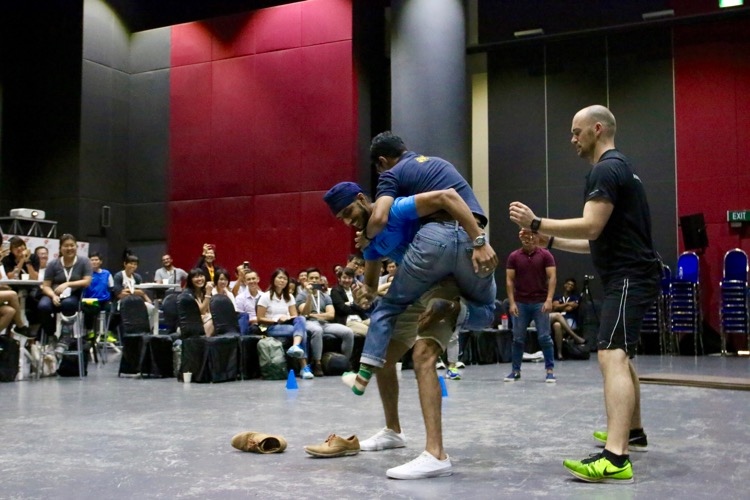

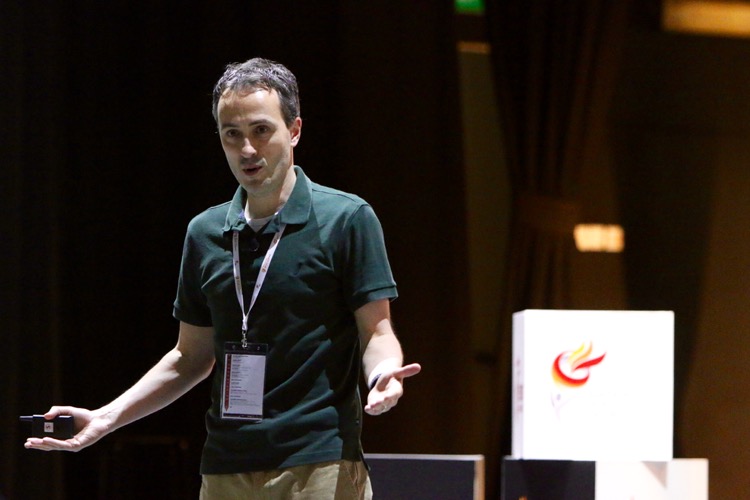
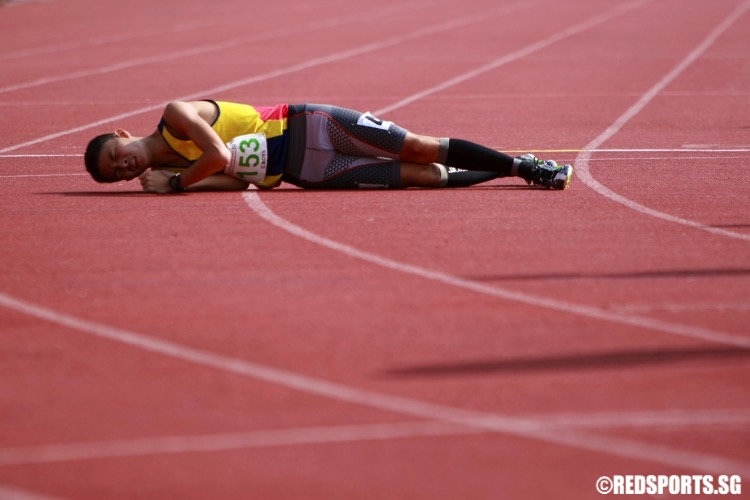
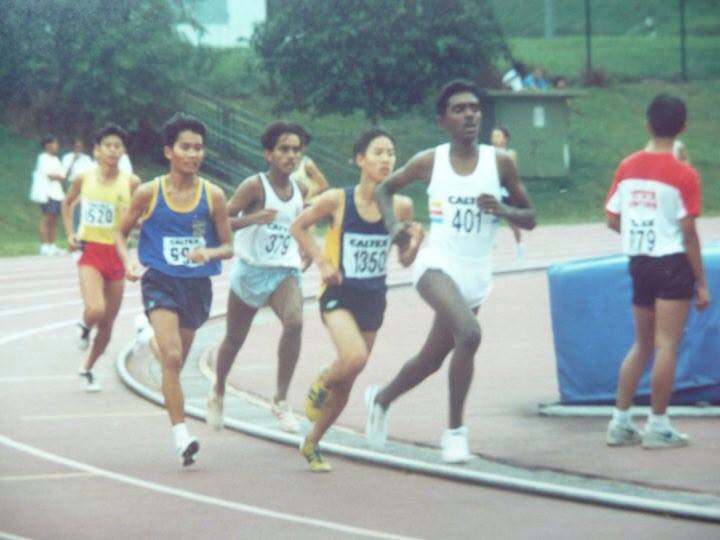
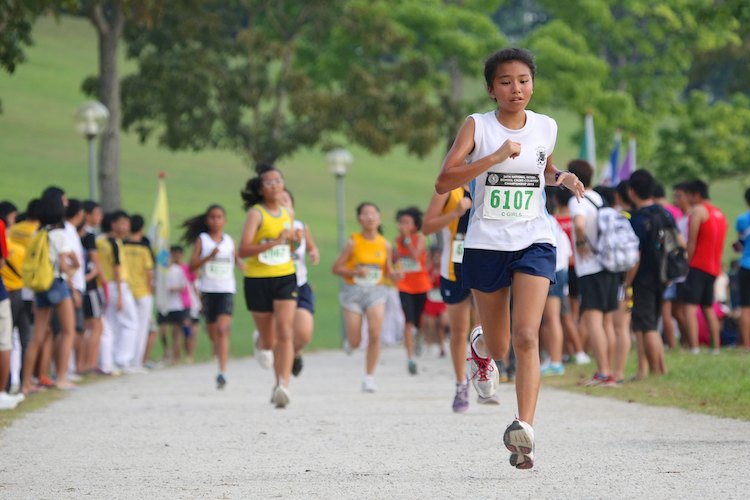
Leave A Comment